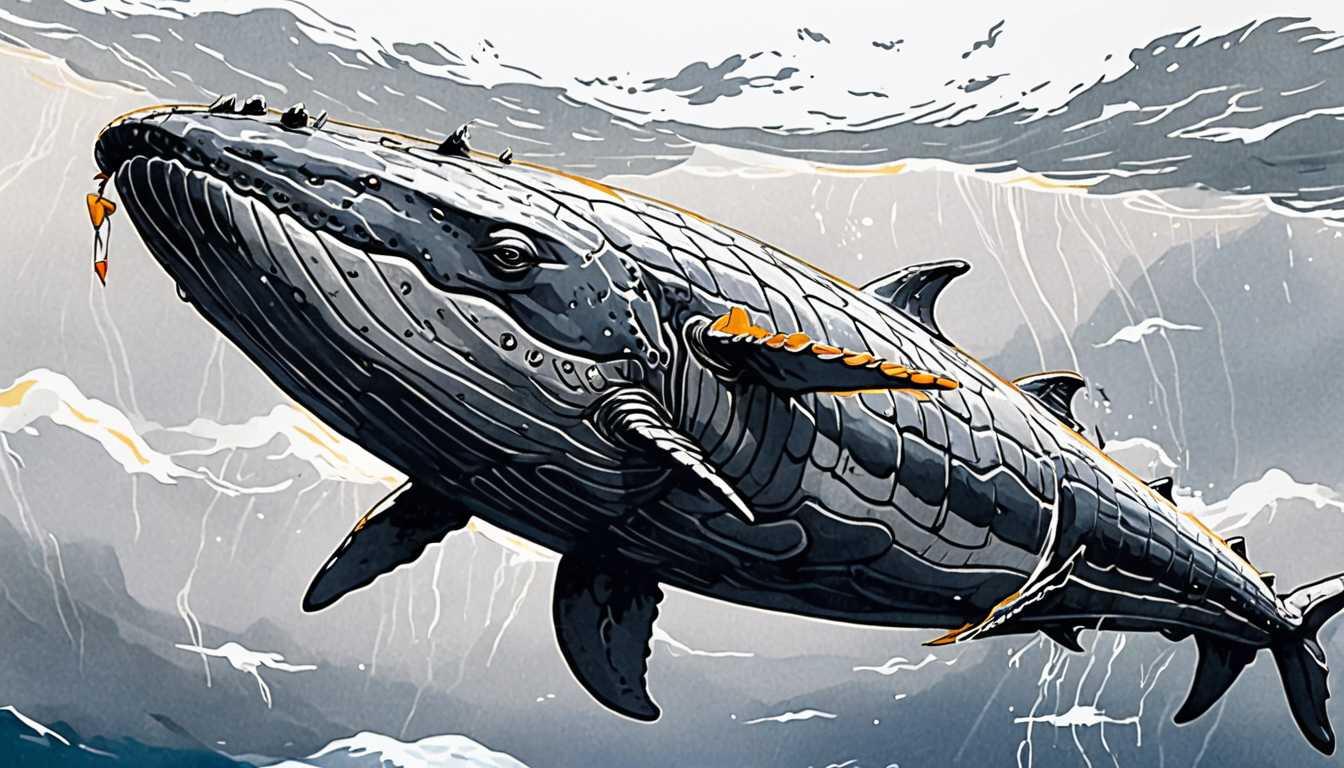Revitalizing Waterways: A Fresh Take
April 2023
Phys Org
Introduction
Dive into the depths of Australia's urban freshwater ecosystems with this enlightening piece from Phys Org! Discover how researchers are calling for a splash in restoration efforts, blending traditional knowledge with modern practices to revitalize our rivers and streams. It's a call to action that's not just about getting our feet wet but diving headfirst into the future of ecosystem custodianship. Ready to make a ripple in the world of waterway restoration? This article is your springboard!
READ FULL ARTICLEWhy It Matters
Discover how this topic shapes your world and future
Dive into the Refreshing World of Freshwater Ecosystems
Imagine living in a world where every stream, river, and wetland teems with life, where the water is so clear you can see to the bottom, and the air around you vibrates with the hum of a thriving ecosystem. This isn't just a dream; it's a possibility that researchers and environmentalists are striving to make a reality. Freshwater ecosystems are essential to our survival and the planet's health, providing water for drinking, agriculture, and sanitation. However, these ecosystems are under threat from pollution, overuse, and climate change. The good news is that we can do more to restore them, and the efforts we make today will have ripple effects for generations to come. Understanding the importance of freshwater ecosystems is not just about science; it's about securing a sustainable future for all living beings. This topic might not seem directly related to your everyday life, but think about it: every time you drink a glass of water, you're connected to the world's freshwater systems. By learning about and contributing to the restoration of these ecosystems, you're playing a part in a global movement towards a healthier planet.
Speak like a Scholar
Ecosystem
A biological community of interacting organisms and their physical environment.
Adaptive management
A systematic process for continually improving management policies and practices by learning from the outcomes of previously implemented management strategies.
Nature-based solutions
Strategies that protect, sustainably manage, and restore natural or modified ecosystems to address societal challenges effectively and adaptively, while simultaneously providing human well-being and biodiversity benefits.
Riparian vegetation
Plants and trees that grow along riverbanks and streams, playing a crucial role in ecosystem health by stabilizing banks, providing habitat, and improving water quality.
Community participation
The involvement of local communities in the decision-making and management processes of local ecosystems or environmental projects.
Biodiversity
The variety of life in the world or in a particular habitat or ecosystem, vital for maintaining ecosystem functions and services.
Independent Research Ideas
The role of riparian vegetation in stream health
Investigate how different types of vegetation affect water quality and ecosystem health, exploring the potential for riparian restoration to improve freshwater ecosystems.
Community-led water management projects
Explore successful examples of community participation in water management, focusing on how these projects have enhanced ecosystem health and resilience.
Impact of urbanization on freshwater ecosystems
Study how urban development affects rivers and streams, and identify nature-based solutions that can mitigate negative impacts.
Traditional ecological knowledge in ecosystem restoration
Examine the role of indigenous knowledge in restoring freshwater ecosystems, highlighting case studies where this knowledge has led to successful restoration efforts.
The science of water - exploring the physical and chemical properties of healthy vs. degraded water bodies
Dive into the science behind water quality, comparing the physical and chemical characteristics of healthy and degraded freshwater ecosystems.




